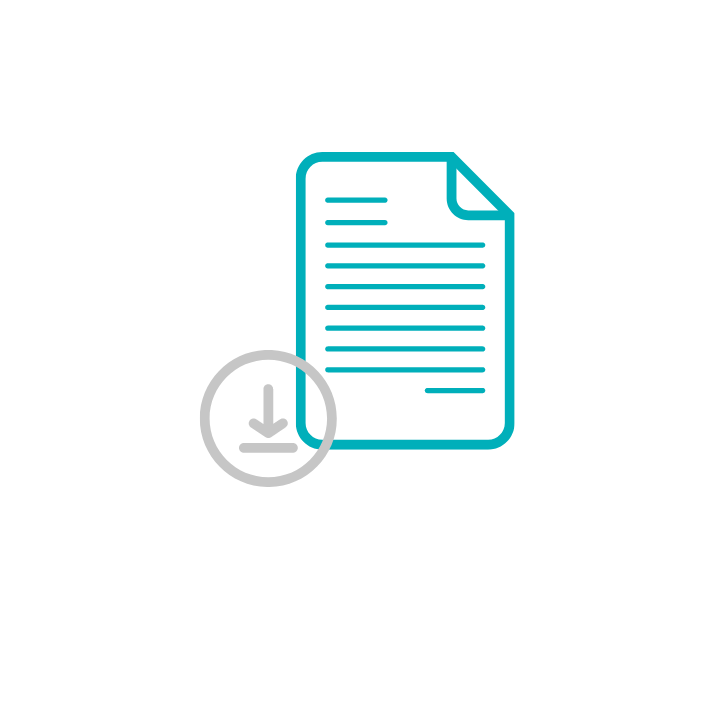Alcoa® Wheels didn’t stop at the invention of the forged aluminium wheel in 1948.
We have continued to stay at the leading edge of innovation and are using our wheel technologies to help forge the future of the transportation industry.
New technologies such as electric vehicles, fuel cell vehicles, along with decarbonization initiatives, fuel emissions regulations, green gas house emissions standards, and sustainable city transportation are having an impact on how fleets operate.
Vehicles are getting heavier due to the technologies required to meet climate change driven standards, when in the transport industry every kilogram counts.
The Future is Electric
We have seen a range of prototypes, demonstration trucks, and commercially available hydrogen fuel-cell and plug-in electric vehicles come onto the market.
Bollinger and Toyota in North America, Tata in India, and BYD and Chanje in China have introduced prominent new 2019 and 2020 models.
Both Volvo Trucks and Renault Trucks started producing electric trucks in 2019, and Scania released two battery electric city distribution trucks in early 2020.
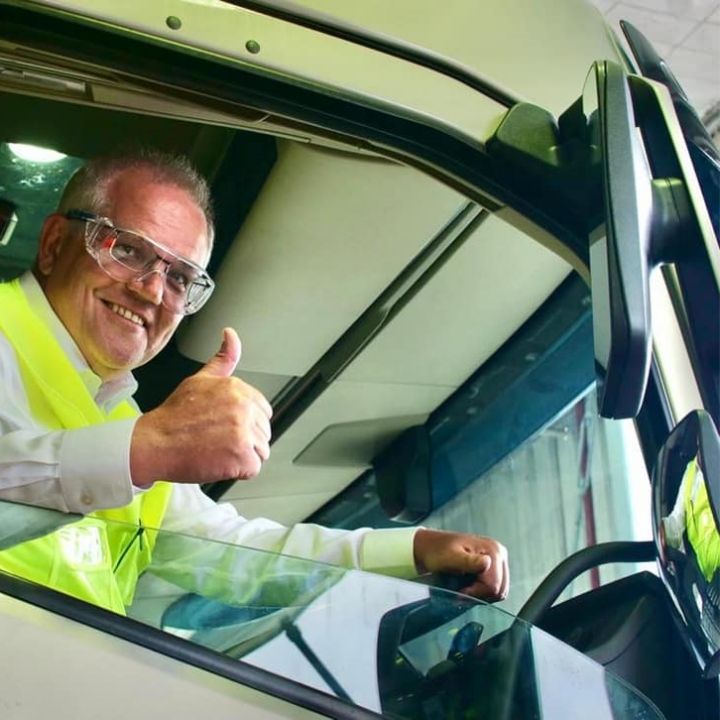
Australian Prime Minister, Scott Morrison, took the Volvo FL Electric for a drive on his visit to Volvo Australia Headquarters in 2021.
Big changes are on the horizon for the future of the transport industry, with Daimler Trucks committing in October 2019 to sell only zero-emission vehicles by 2039 and Volvo Trucks announcing in late 2020 its intention for all of its trucks to be fossil fuel free by 2040.
What do Alcoa Wheels have to do with electrification of vehicles?
It’s all about light weighting.
The environmental impact of battery electric vehicles is significantly lower than vehicles with an internal combustion engine, according to a life cycle assessment (LCA) of distribution vehicles published by Scania in 2021.
This means that lighter wheels are becoming a more and more important consideration as we move towards a more sustainable future.
“The push toward electrification in the industry now is driving the light weighting crusade with batteries currently being very heavy,” says Michael Nichols, National Sales Manager of Howmet Wheel Systems, distributor of Alcoa Wheels in Australia.
Fitting lighter wheels not only offsets the added weight of the battery, but they help extend battery life and improve range.
A good example is shown in the bus segment where one OEM notes, “Weight needs to be reduced to get maximum battery capacity and passenger loading while respecting the various regulations (local, state, and federal).
“For every ~150 lbs (~68kg) reduced, one extra passenger can be added. Alternatively, with Battery energy density of 160 Wh/kg, ~3 miles (~4.8km) of range could be added.”
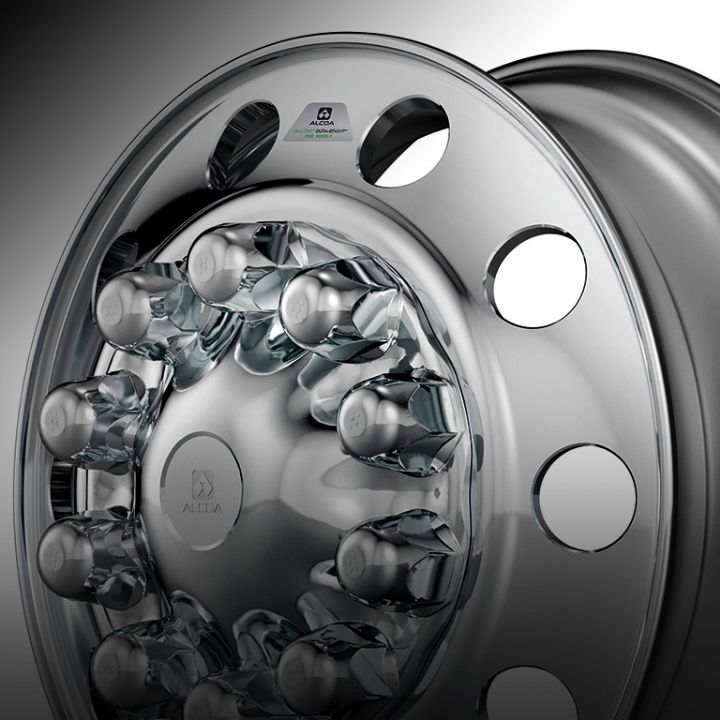
“The term ‘innovation’ is thrown around a lot nowadays,” says Nichols. “But when it comes to Alcoa Wheels, our 70+ years of innovation has resulted in real benefits for the customer – lighter weight, stronger wheels with less fuel costs…and now, lower carbon emissions.”
The new Alcoa Ultra ONE® 18kg Wheel is already helping fleets, owner-operators and original equipment manufacturers (OEMs) reduce individual truck and trailer weight by up to 590 kg versus steel options, and up to 100kg for a standard 22 wheel truck and trailer combination, compared with other aluminium wheel options.
The Future Is Aerodynamic
If you thought that aerodynamics was just for airplanes, you would have been right…a few years ago. Nowadays, the transport industry on the ground are seeking to streamline fleets with aerodynamic solutions as the mega trends in sustainability continue to grow.
With the cost of diesel going up, and with increased government activity to reduce greenhouse gases, interest in aerodynamics is becoming a much talked about topic in land transportation.
Aerodynamics reduces air drag which means a lowered fuel consumption and therefore CO2 emissions and is becoming popular for fleets.
For long-haul operators, there’s a definite advantage to streamlining with aerodynamic products, and fleets are doing it through trial and error at the moment, according to Dave Walters, manager of warranty and field service for Alcoa Wheel Products, who acted as chairman for the Technology and Maintenance Council’s (TMC) Recommended Practice (RP) 261, Considerations for Aerodynamic Wheel Covers over in the US.
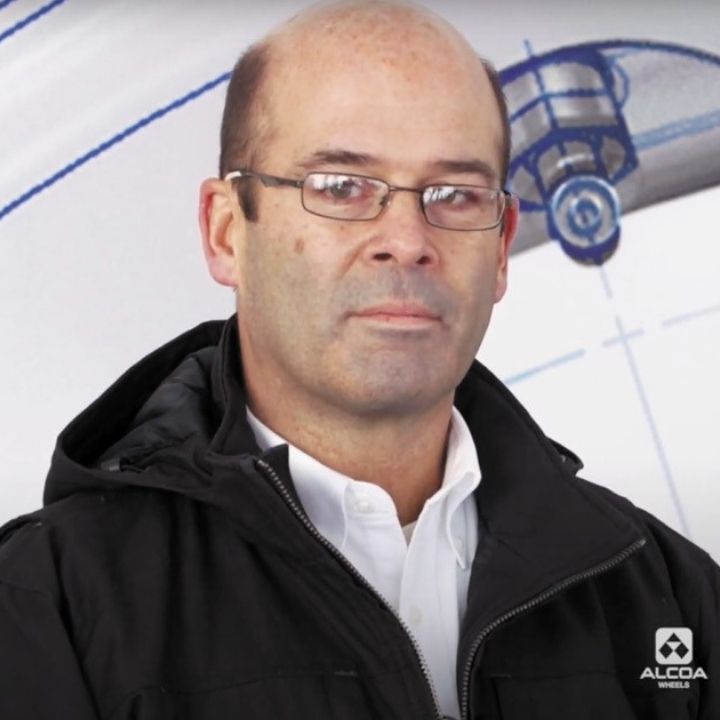
Doug Mason, Alcoa Wheels Global Technology Manager (pictured) shares the following example to highlight the trial and error: “A fleet that adds a trailer skirt might see 5 percent savings.
They might then decide to add another component that should provide an additional 2 percent savings, but only realise 4 percent instead of seeing a total 7 percent in savings.”
Mason explains: “The interaction between the two components did change the airflow, but because of the complexity of the truck and trailer designs themselves, the addition of the second aerodynamic device may have actually created more drag.”
Mike Yagley, global program launch manager for Alcoa Wheel Products says, “The aerodynamics of trucks are just so complex, and the best data out there … belongs to the fleets. They know exactly what they get for the aerodynamics.”
What do Alcoa Wheels have to do with aerodynamics?
In order to improve aerodynamic performance equipment are added to the vehicle, which all add weight.
Alcoa Wheels, as the lightest and strongest in the market, are considered by fleets and OEMs to help offset the additional weight from the aerodynamic equipment without compromising on the load capacity.
Larger fleets may spec Alcoa Wheels as standard across their equipment, as this provides a stable and consistent measure while trying new technologies to lower emissions and meet standards.
Howmet Aerospace, manufacturer of Alcoa Wheels, is at the forefront of what is working in the field of aerodynamics, and what wheel experts like Mason, Walters and Yagley are seeing is that the benefits of aerodynamic products in the future, especially wheels, will far outweigh the setbacks of the current ‘test and measure’ phase – such as proper installation of aerodynamic devices, choosing the right ones, or ensuring they don’t damage parts of the vehicle to which they’re mounted.
Alcoa Wheels’ innovative wheel technologies will continue to forge the future of the transport industry as it adjusts to demands to become more and more sustainable.
Make Sure It’s An Alcoa® Wheel
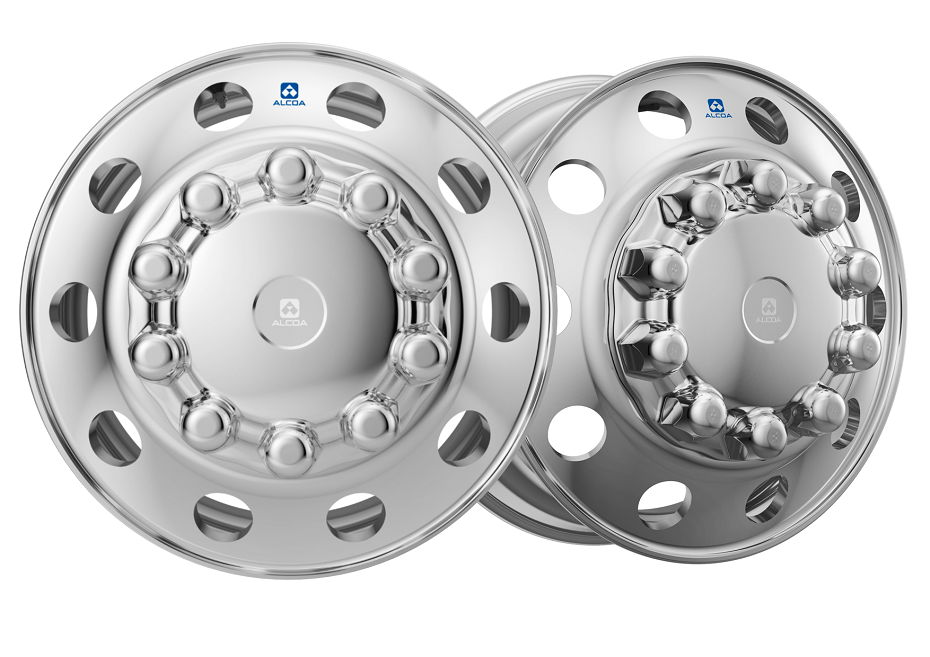
To spec your wheels, ring ![]() 1800 955 191 to talk with our wheel experts, or fill out a contact form and we will reach out to you to answer your questions and discuss your specifications.
1800 955 191 to talk with our wheel experts, or fill out a contact form and we will reach out to you to answer your questions and discuss your specifications.


